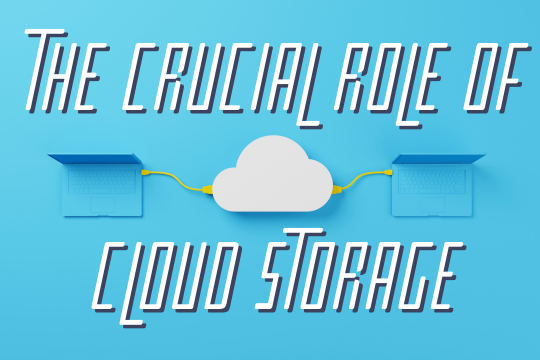
Are you a customer? Access your all-new portal by clicking here to login.

The demand for efficient delivery services is skyrocketing, driven by the rapid growth of e-commerce and the expectations of instant gratification among consumers. In response, delivery companies are constantly seeking innovative ways to streamline their operations and enhance customer satisfaction. One such innovation that has proven indispensable is the utilization of cloud storage.
Cloud storage refers to the practice of storing data on remote servers accessed through the internet, rather than on local storage devices. For route delivery companies, leveraging cloud storage offers a myriad of benefits that are instrumental in optimizing their operations and staying competitive in the market.
Here are some compelling reasons why cloud storage is indispensable for route delivery companies:
To sum it up, the adoption of cloud storage is not merely a technological trend but a strategic imperative for route delivery companies aiming to thrive in today’s competitive landscape. By harnessing the power of cloud storage solutions, these companies can unlock new levels of efficiency, agility, and security in their operations, ultimately delivering superior service and value to customers. As the digital transformation of the delivery industry accelerates, embracing cloud storage will undoubtedly remain a cornerstone of success for forward-thinking route delivery companies.

Copyright © 2025 – All Rights Reserved – CLICK HERE to review our company privacy policy.